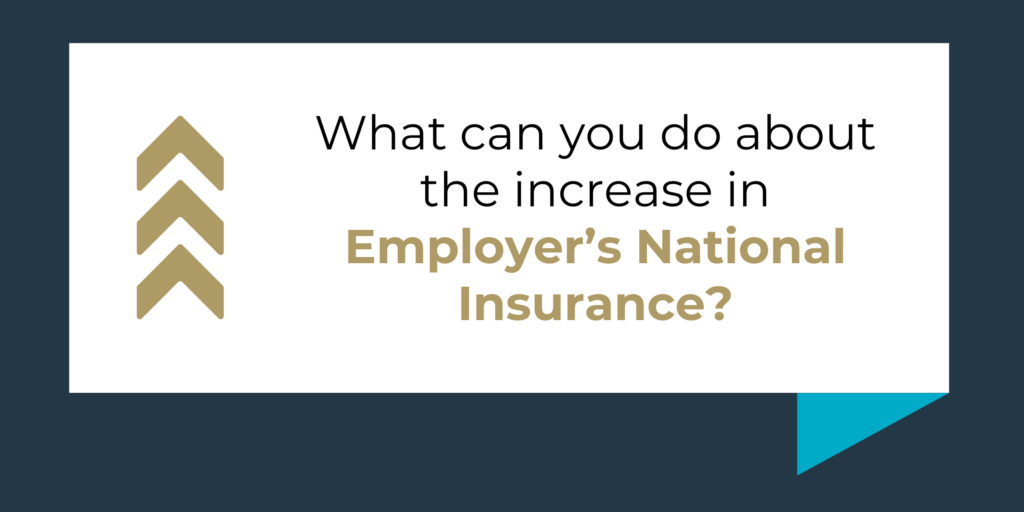Company cars vs pool cars and tax allowance
The question of company cars often arises in discussions with clients. Is it better to offer the perk of a company cars to an employee or are pool cars a more attractive option?
The rules around business driving and taxation are complex, but the key message is that the greener the car, the more likely it is to be tax efficient. With company cars, the tax burden falls on the employee as a ‘Benefit in Kind’ (BIK), and the less polluting the engine, the lower the tax bill. When it comes to pool cars, there’s no personal tax burden on the employee, but stringent conditions must be met to prove this is a genuine pool car and not a sneaky private-use company vehicle.
Here are the main differences between company and pool car provision, and a quick look at other alternatives such as car allowances.
Tax reclaim on company cars

If you want to offer company cars as a perk or incentive, the first decision is whether to lease the car or buy it outright. VAT-registered businesses can normally reclaim 50% of the VAT they pay on leased cars, but 0% of VAT on company cars bought outright that are used for personal as well as business trips.
In terms of offsetting the cost of the car as a capital allowance, it pays to be green. CO2 emissions are key here – the lower the emissions, the higher the percentage of the car’s value can be offset.
An important factor to bear in mind is that your business must pay Class 1A National Insurance Contributions at a rate of 13.8% on the taxable value of the company car.
Do pool cars qualify for tax relief?
To qualify as a pool car during a tax year, the business must be able to prove that the car or cars are shared by employees for business purposes, and are normally kept on your premises overnight.
Pool cars are not treated as a ‘perk’ of employment, and therefore employees are not liable to BIK payments. And of course, this also means that businesses don’t have to pay employees’ NICs.
Regarding VAT and offsetting the cost of lease or purchase of pool cars, the same rules apply as with company cars (after all, you still have to buy or lease the hardware – how you treat the car thereafter is the point of difference).
A word of warning: wrongly describing a company car as a pool car can be an expensive mistake, with a fine of up to £3,000 per annum, per employee, for an incorrect tax return, plus further penalties for ‘potential lost revenue’ to HMRC. These penalties could include unpaid tax backdated for four years, unpaid national insurance going back six years and lost interest on those sums, as well as a late payment penalty.
Annual car allowance offered to staff
Rather than get involved in buying or leasing cars, some companies opt to offer an annual car allowance to their staff. In this scenario, the employer drives their own private car, and claims mileage on any business trips. The annual allowance is, effectively, in lieu of providing a company car and is more akin to a salary increase. However, as an allowance it won’t expose employers to paying more into a pension, and also won’t have to be included in any pay rise.
Company car provisions for you business
If you’d like a more in-depth conversation on the pros and cons of various types of company car provision, and which method would be best for your business, give Perrys Chartered Accountants a call. Our friendly, expert staff in offices across central London and Kent will be happy to help.







